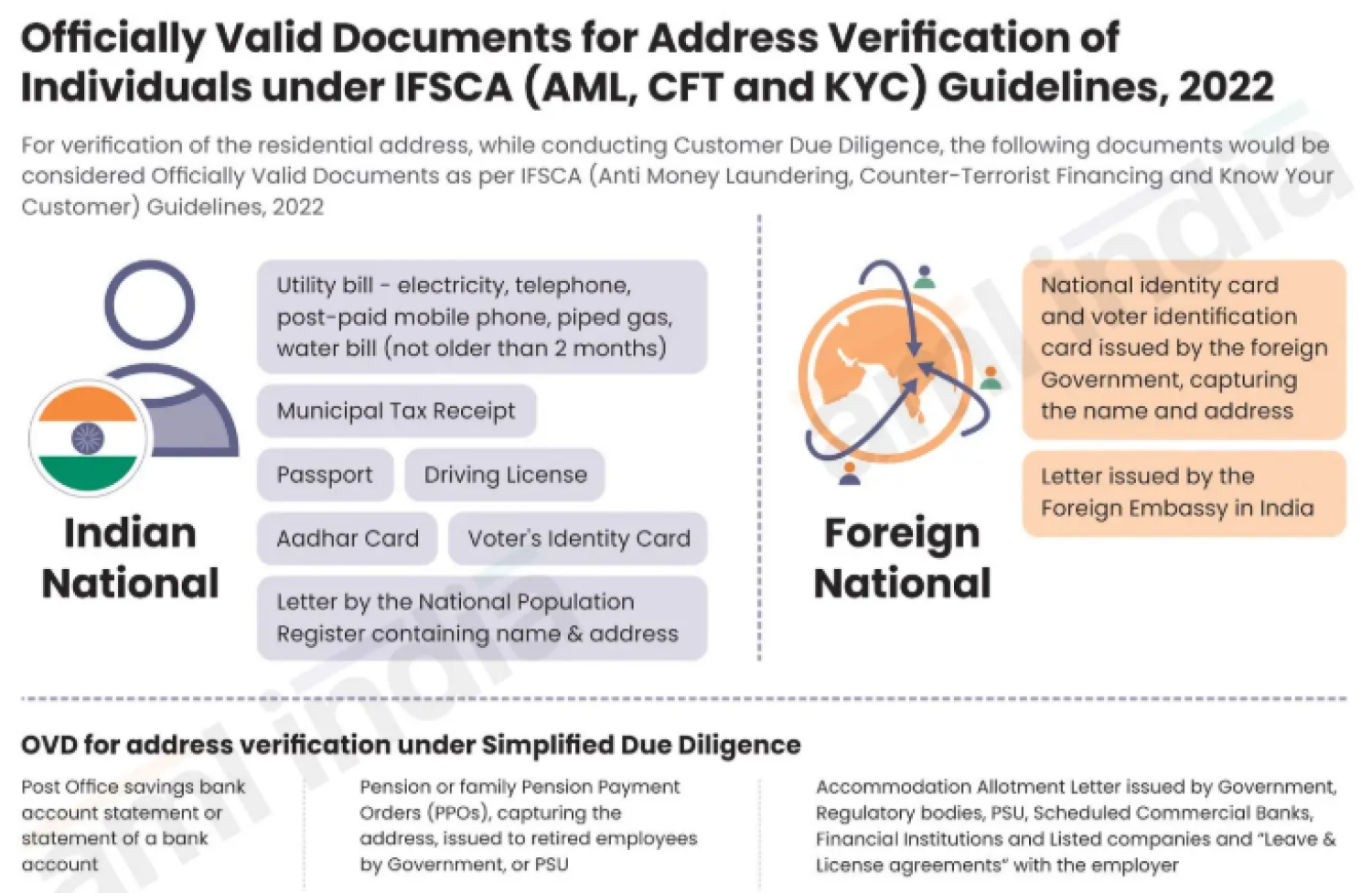
If the economy continues to expand then the energy market is one of its key engines, but it is currently plagued by political instability and regulatory hurdles. The biggest problem of indirect taxes cutting into this sector's income has also, unfortunately, persisted into the Goods and Services Tax (GST). However, the production and selling of electricity were kept outside the GST, the capital goods and services which are the inputs of this sector are kept within the GST.
GST's course is not too great for energy sector safety, since most of the tax incentives and exemptions offered at both the central and state levels are available on particular goods and services used in the energy sector. However, these tax rebates will see a reduction with the introduction of GST which will greatly affect energy sector efficiency.
The Effect of GST
Cost Escalation of Projects
Tax Exemptions and Concessions: The input raw materials and services that are required in the making up of the energy projects do come under the purview of the GST, although they will be chargeable for the generating companies which will lead to cascading of the indirect taxes. The current scenario of taxation in this sector provides for concessions for projects related to energy generation. However, with the advent of the GST, there is no clarity as to what would be the way forward for concessions and exemptions. The present scenario is amicably supportive of creating new projects and setting up companies in the energy sector.
The inter-state procurement and removal of the concessional rate under EPC contracts: To reduce the tax cost, the companies are using the inter-state sales route to reduce the tax costs. The concessional reduction of about 2% in tax is achieved in this way. The procurement is achieved accordingly and rebates are achievable through this strategy routing through the inter-state sales. The manufacturer also benefits from the inter-state transit for the subsequent sales. The second sale is made along the inter-state transit provides the same benefits as with the first point of sale of electricity and procurement of raw materials for the generation of electricity and setting up of the unit. However, with the advent of GST law, this concession might not be given to the sector. The clarity of thought and implementation is absent in the working of GST law leaving much to explain.
In such an environment, the loss could be significant and the absence of tax concessions and exemptions could lead to higher input costs. This might plague the sector in the coming years if not rectified or clarified early on.
State of Renewable Energy
The setting up of renewable energy projects to too high when compared to conventional energy setups. This leads to higher initial costs for renewable energy. Governments around the world have been encouraging the use of clean energy and this led to tax concessions in this field. This has resulted in the reduced cost of clean energy production. With the coming of GST, it is unclear as to whether this kind of tax breaks will be further provided to the clean energy sector. This will lead to issues regarding cost escalations and unwanted stagnation in the clean energy field. The clean energy needs the support of the government to successfully implement and take forward the agenda of the clean energy requirements. If the government continues to provide the tax concessions under the GST regime, then this would take clean energy out of the limbo of uncertainty regarding its future in India.
Power Purchase Agreements
The Power Purchase Agreements are there to provide a pass-through for the current indirect taxes by incorporating the costs as the contract price. The PPAs let the prices to be adjusted according to the increase in the tax rates. This leads to better management of costs. These are done through clauses under the PPAs such as the “Change in Law” or “Force Majeure”.
GST is a change of law and any change in GST will lead to higher contract prices. This means there will be higher costs to operate.
Conclusion
The energy sector is the most important sector in India right now and if implemented correctly can lead to a better future. Energy is at the core of everything that we do in an economy. From the generation of income to the cost incurred in the welfare of the population. Everything solely depends on how the energy requirements are fulfilled in the country. India needs to create more roads and expand its infrastructure if it wants to win in the 21st century but without meeting its energy targets this will remain a dream forever. The GST can play a spoilsport if the tax exemptions and concessions are not explained well before time. The time wasted in explaining the outcomes and the impacts of GST on the energy sector will further degrade investor confidence. To not let this happen the government need to take some concrete steps and explain to this already plagued sector all that remains to be done.

















